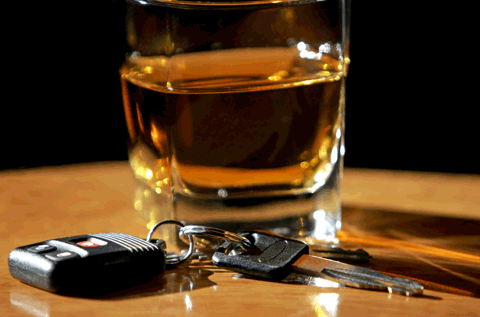
| Monday, August 22, 2011 | Archives | Advertise | Online Buyer's Guide | FLEETSolutions |
Employers In British Columbia Learn To Work With New Drunk-driving Rules
 British Columbia, Canada's tough new drinking and driving penalties are posing challenges for employers who have to decide what to do with workers who require breathalyzing devices for one year on all vehicles they drive. British Columbia, Canada's tough new drinking and driving penalties are posing challenges for employers who have to decide what to do with workers who require breathalyzing devices for one year on all vehicles they drive.Taxi companies, trucking firms, and even fire departments are struggling with whether to accept the inconvenience and cost of installing the devices on company vehicles or simply let the employee go. "And it doesn't matter what profession you're in," said Stephanie Melvin, Acting Superintendent of Motor Vehicles. "There are no exceptions to this rule." Under the changes that came into effect last September, police have the discretion to hand out 90-day immediate prohibitions to first-time offenders who fail a roadside sobriety test by recording a blood-alcohol level over 0.08. This is an alternative to a criminal charge. In addition to a $500 fine and other fees, the offender has to install an ignition interlock device on any vehicle they drive - including company cars or trucks. The device is wired into the ignition system and the car starts only when the driver provides a clean breath sample. Anyone driving the vehicle would have to blow into the device and have to pull over at random intervals to provide another sample for the vehicle to continue operating. The new rules have caught a number of employers by surprise. Esquimalt, B.C., Assistant Fire Chief George McGregor was caught drinking and driving this spring and was allowed to take an extended vacation to accommodate his 90-day driving ban. He returned to the department in June. Fire Chief David Ward said Wednesday he was unaware that McGregor requires an interlock device on any vehicle he drives. "I think that applies to people's personal vehicles," Ward said, before being pointed to government guidelines that state otherwise. The three assistant chiefs often drive to the scene in the department's command SUV. Ward said the department has no intention of installing an interlock device on its vehicles. He said McGregor can ride in the fire engine when heading to a fire call. "Sometimes you have a duty to accommodate," Ward said. "This might be a learning curve for the employer." Melvin said the driver is expected to pay the $1,700 cost of installing the device, including administrative fees, installation costs, and monthly monitoring charges. She said employers might choose to pick up the tab for installing the devices on company vehicles, but that decision is left to individual employers. The B.C. Trucking Association is urging trucking companies to amend their drug and alcohol policies to take into account the new interlock requirements after the issue was brought to its attention for the first time on August 9. Association President Louise Yako said she was contacted by a company in Northern B.C. asking how to deal with a driver who requires an interlock device after being caught driving drunk in his personal vehicle. Most companies run a fleet of trucks that are on the road all year long and are operated by several different drivers. So if an interlock was installed on a commercial truck, either every person who drives the truck has to blow into it, or only the affected driver operates the truck. |
 |
NAFA Fleet Management Association 125 Village Blvd., Suite 200 Princeton, NJ 08540 Telephone: 609.720.0882 Fax: 609.452.8004 |






